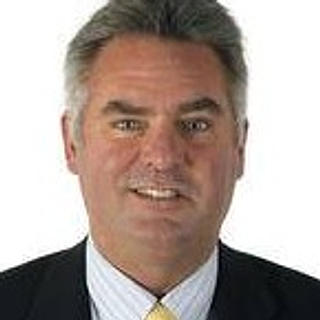Sept. 19, 1977 – Red Sox 6, Yankees 3
- Sal Maiorana
- Sep 19, 2017
- 3 min read

BOSTON – Don Zimmer, in the glow of victory, was already daring himself to dream about what might happen if the Red Sox could complete a two-game sweep of the Yankees at Fenway Park.
“If we’d lost the third game in Yankee Stadium last week after losing the first two, we’d have been nearly gone, but we didn’t, and we’re not dead,” Zimmer said. “If we beat the Yankees tomorrow, I’ll tell you something, this is going to be a beauty down to the final day.”
The Red Sox kept their pulse beating and pulled into a second-place tie with the Orioles, 3.5 games back, thanks to an 11-hit, six-run assault on Ed Figueroa, who was out-pitched by Reggie Cleveland. Just five days earlier, those two had hooked up in a classic pitchers’ duel that wasn’t decided until Reggie Jackson’s two-run walk-off homer in the bottom of the ninth. This game played out far differently as the Red Sox, back in Fenway where they were so comfortable, teed off.
After falling behind 1-0 in the first on Thurman Munson’s homer, Boston strung together three singles in the bottom half to tie it. Carlton Fisk, who twice in the previous series hit balls at Yankee Stadium that would have been home runs anywhere else, hit another long ball in this game, and because it was in Fenway, it sailed into the screen above the Green Monster for a three-run homer.
Munson’s RBI double in the sixth, and Dave Kingman’s pinch-hit solo homer in the eighth got New York within 4-3, but the Red Sox had one last salvo in the bottom half that put it out of reach. The last three batters Figueroa faced were Carl Yastrzemski, Fisk, and George Scott and, in order, they went: home run, triple, single, ballgame.
“Anything is possible now,” Fisk said. “We’ve been playing good baseball, but whether anything is probable is another story. We can’t hope to have anything happen, we have to go out and make it happen.”
One thing that was interesting about this game is that in the middle of Boston’s first two scoring chances was a rookie DH named Ted Cox. Cox, Boston’s first-round pick in the 1973 amateur draft, had just been called up from the Red Sox Triple-A team in Pawtucket the day before, and in his major-league debut against the Orioles, he reached base all five times he batted – three singles, a double, a walk, one RBI and three runs scored.
In his second major league game, he singled in both the first and third innings, giving him seven straight reaches to start his career. “I never dreamed of this at all,” the 22-year-old said. “I hoped I’d get one hit, but I thought I’d strike out and make a fool of myself. I don’t even have my own stuff here. I’m using Butch Hobson’s shoes and bat.”

Jim Rice, who’d been Boston’s primary DH, had recently been playing right field, so Cox, who’d slashed .334/.396/.531 with 14 homers and 81 RBI at Triple-A, was plugged right into the middle of a red-hot pennant race. Zimmer explained his decision to play the right-handed Cox against Figueroa rather than veteran lefty-swinging Bernie Carbo this way. “The man goes 4-for-4 in his first game, let’s give him a chance to go 8-for-8. You never know.” Zimmer settled for 2-for-4 and said Cox would be in the lineup in the next game, too.
In fact, Cox would go on to play in all of Boston’s games, and those 13 games in 1977 were the only ones he’d play for the Red Sox. Despite 21 hits in 58 at-bats (.362), Cox was part of the big trade in March 1978 with Cleveland which saw Boston deal Cox, Bo Diaz, Mike Paxton and Rick Wise in exchange for Dennis Eckersley and Fred Kendall.
He would ultimately bounce around from Cleveland to Seattle to Toronto, and was out of baseball by 1982 having played in only 272 major-league games with a .245/.298/.324 slash line.






Comments